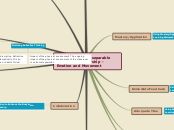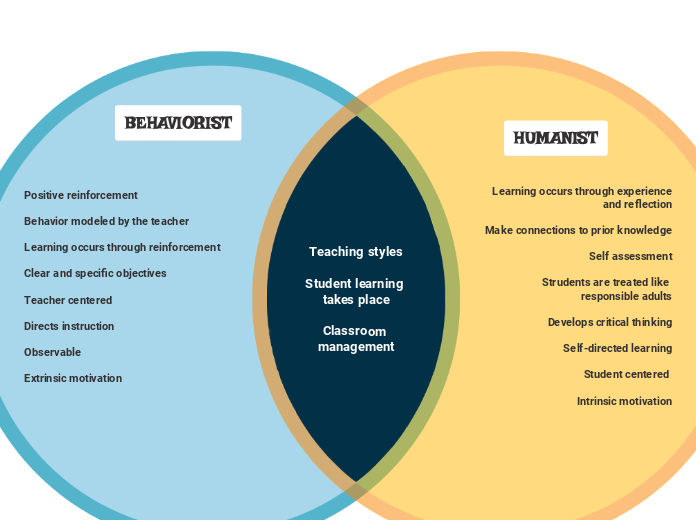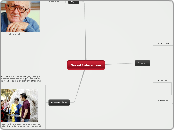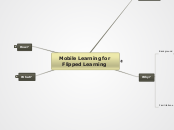by Alicia Munoz 7 years ago
249
EDU 611 Concept Mind Map
The intricate connection between the body and brain is essential for effective learning, with emotion playing a pivotal role. Immediate feedback acts as a powerful motivator, helping individuals stay on track and avoid the negative emotions associated with inadequate feedback.









